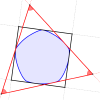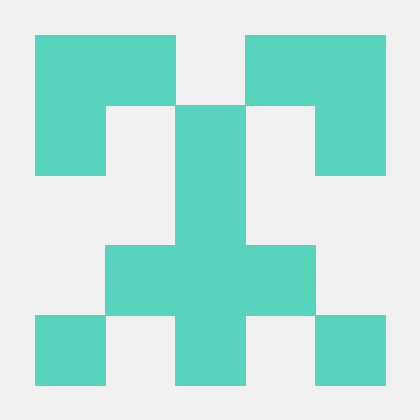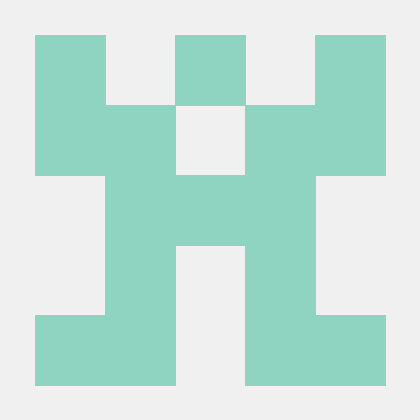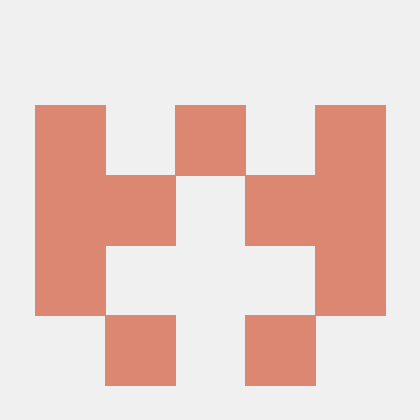Core team
The core team were responsible for planning and organising the project to develop the research agenda.
-
 Ian Jones, Loughborough University
Ian Jones, Loughborough UniversityIan is a Reader in Educational Assessment, with a particular interest in methods based on comparative judgement. He leads on STACK development and research at Loughborough University.
-
 George Kinnear, University of Edinburgh
George Kinnear, University of EdinburghGeorge has written hundreds of assessment questions in various e-assessment systems (most recently in STACK), both for his own teaching and on behalf of others. His research interests are broadly around assessment in undergraduate mathematics.
-
 Chris Sangwin, University of Edinburgh
Chris Sangwin, University of EdinburghChris is Professor of Mathematics Education as part of the Centre for Technology Enhanced Science Education. His research interests include (i) automatic assessment of mathematics using computer algebra, and (ii) problem solving using Moore method and similar student-centred approaches. A practical outcome of this is the STACK computer aided assessment system.
Contributors
In addition to the core team, the following people contributed to developing the questions in the agenda.
-
 Maryam Alarfaj, University of Edinburgh
Maryam Alarfaj, University of Edinburgh -
 Ben Davies, University College London
Ben Davies, University College LondonI work in undergraduate mathematics education, focused primarily on the assessment of proof and argumentation. I am interested in novel assessment approaches of university mathematics, and in the automation of proof comprehension assessment in particular. I am also a leader in STACK development in the Mathematics Department at University College London (UCL).
-
 Sam Fearn, Durham University
Sam Fearn, Durham UniversityI am Assitant Professor of Teaching in the Mathematics department and Durham University, and for the last two to three years have helped implement automated electronic assessments as a formative component of our assessment in our Undergraduate programmes. During this time I’ve written questions (primarily in STACK) for a variety of modules and helped others in the department learn how to use STACK to write questions for their own courses. I’m particularly interested in the efficacy of automated formative assessments as compared to more traditional assessment methods.
-
 Colin Foster, Loughborough University
Colin Foster, Loughborough UniversityI am a Reader in Mathematics Education in the Mathematics Education Centre at Loughborough University, UK. I am very interested in how CAA can be used formatively to enhance students’ experiences and improve their learning of mathematics, and particularly in how this can do more than facilitate routine practice of standard procedures.
-
 André Heck, University of Amsterdam
André Heck, University of AmsterdamAndré Heck earned MSc degrees in mathematics and chemistry, and a doctoral degree in mathematics and science education. He is senior lecturer at the Mathematics department of the University of Amsterdam, mostly teaching mathematics to students in life sciences and computer science, and coordinating mathematics deficiency courses and exams. His research area is the application of ICT in mathematics and science education, at upper-level secondary school level and bachelor university level. Since 2005 he works on digitial teaching, learning and assessement of university mathematics. Currently he uses the SOWISO environment for online and in person teaching. An example of online precalculus materials is available at https://uva.sowiso.nl/courses/home/en
-
 Karen Henderson, University of the West of England
Karen Henderson, University of the West of EnglandI have worked at UWE Bristol since 1995 holding the roles of Lecturer, Senior Lecturer, Associate Head of Department (Cluster Lead for Mathematics) and am currently an Associate Professor in Technology Enhanced Learning. I have promoted and enhanced the student learning experience in two significant ways; firstly by working with Dewis, the in-house algorithmic e-Assessment system developed by Dr Rhys Gwynllyw, to create assessment and learning resources in key STEM fields and secondly by, in collaboration with Dr Tim Swift, estabishing the successful espressoMaths service. I am currently an Associate Professor (in Technology Enhanced Learning), University Learning and Teaching Fellow and an HEA National Teaching Fellow.
-
 Tim Hunt, The Open University
Tim Hunt, The Open UniversityI am a senior software developer working on a range of educational technologies at the UK Open University. I have been a major contributor to the STACK question type, and the Moodle quiz more generally.
-
 Paola Iannone, Loughborough University
Paola Iannone, Loughborough UniversityPaola’s research interests are the impact that summative assessment of mathematics at university has on students’ engagement with the subject. She is also interested in exploring what reasoning skills are tested by various summative assessment methods - including CAA.
-
 Igor' Kontorovich, The University of Auckland
Igor' Kontorovich, The University of AucklandIgor’ Kontorovich is a Senior Lecturer in Mathematics Department at the University of Auckland, New Zealand. He is interested in understanding the processes that people go through when learning and teaching mathematics in university. In the context of this project, he is fascinating by how students learn with, from, and despite digital resources.
-
 Niclas Larson, University of Agder
Niclas Larson, University of AgderCurrently, I have some experience with comparative judgement in No More Marking. In January 2021, I will join a project aiming to develop the use of computer assessed tasks (e.g. in STACK) for the engineering programme at the University of Agder. This project will be financed by MatRIC, which is the Centre for Research, Innovation and Coordination of Mathematics Teaching.
-
 Tim Lowe, The Open University
Tim Lowe, The Open UniversityI am currently the Director of Teaching in the School of Mathematics and Statistics at the UK Open University. My background is as an applied mathematician, but more recently I have been interested in the use of computer-based systems to support and enhance the learning of mathematics. I have led the adoption of STACK within the OU, and have written and maintain questions for several modules.
-
 John Meyer, University of Birmingham
John Meyer, University of BirminghamJohn obtained a MSci degree in Mathematical Sciences and a PhD in Applied Mathematics from the University of Birmingham. He is an associate professor at the University of Birmingham, and a visiting academic at Jinan University, China. John’s research interests include mathematical analysis, applied mathematics, and importantly in relation to this project mathematics education (with e-assessment being a particular area of interest).
-
 Ann OShea, Maynooth University
Ann OShea, Maynooth UniversityAnn is a professor in the Department of Mathematics and Statistics at Maynooth University in Ireland. She conducts research on university level mathematics education and is particularly interested in the design of tasks for undergraduate mathematics.
-
 Peter Rowlett, Sheffield Hallam University
Peter Rowlett, Sheffield Hallam UniversityPeter is a Reader at Sheffield Hallam University, where he teaches mathematics and is a researcher focused on higher education mathematics educational practice. He has been interested in e-assessment since around 2003, including as a user of e-assessment systems and as a researcher interested in how e-assessment can be used to support student learning and effective assessment practice.
-
 Indunil Sikurajapathi, University of the West of England, Bristol
Indunil Sikurajapathi, University of the West of England, BristolI am a Lecturer in Mathematics at UWE, Bristol. I am currently undertaking doctoral research work on mathematical education and computing, focusing on the use of and the development of in-house algorithmic e-assessment system (Dewis) at University of the West of England. In particular, the research is focused on developing a method to detect Common Students Errors (CSEs) in Engineering Mathematics and to provide tailored feedback in the Dewis e-assessment system. More about the CSE Project can be found at https://fetstudy.uwe.ac.uk/~bin-sikurajapa/dewis/cseproject/. This project is supervised by Dr Karen Henderson and Dr Rhys Gwynllyw.
-
 Thomas Wong, Heriot-Watt University
Thomas Wong, Heriot-Watt UniversityI am interested in learning about new technologies in education and its impact on current pedagogies and best practices.